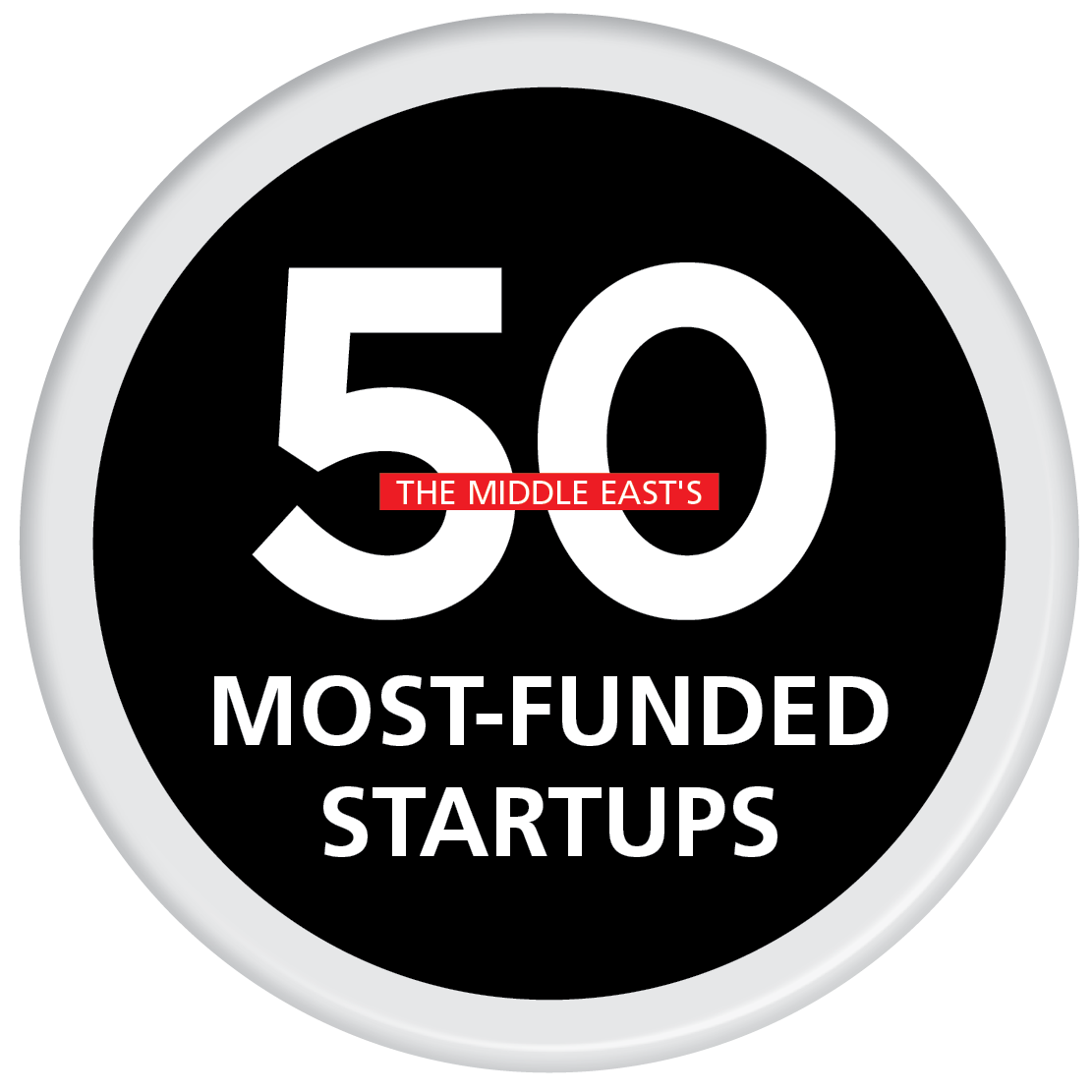The Middle East’s 50 Most-Funded Startups
As the COVID-19 pandemic intensified in the first half of 2020, the Middle East’s startup ecosystem was forced to adapt to meet the changing landscape. However, while the outlook might have seemed grim, many startups were able to find opportunities for growth, especially in online markets.
Investors’ appetites have shifted the direction of funds to create a new wave of startups from sectors such as fintech, agri-tech, prop-tech, transport, delivery, restaurant platforms, and cloud kitchens.
The businesses on our list of “The Middle East’s 50 Most-Funded Startups 2020” have raised more than $959 million in combined total funding. More than half of that funding was secured by the top 10 startups, amounting to around $546 million.
More than half of the startups (29) were able to shake off the challenges posed by the pandemic and raise funding in 2020. together they raised more than $425 million in funding this year. We expect that figure to increase by the end of the year, as many startups are currently in the middle of closing funding rounds.
The U.A.E. has the most active startup ecosystem, with 33 of the 50 startups headquartered in the emirates. Saudi Arabia comes in second with seven startups headquartered there. Egypt is home to four, Jordan to three, Lebanon to two, and Kuwait to one.
U.A.E.-based startup Pure Harvest Smart Farms tops the list after it secured $135.8 million to fuel its ambitious expansion plan. Nana, an e-grocery marketplace platform, is the highest funded Saudi startup in our list after it raised a total of $28.9 million from investors.
The most active investors in our list were 500 Startups, RAED Ventures, and Wamda Capital, with investments in 10, eight, and seven startups, respectively.
Among the 50 startups, eight were co-founded by women, including Rita Huang from logistics service provider iMile, Nadine Mezher from online financial advisor Sarwa, and Nadine Nehme from AI-based health advisor Medicus AI.
Methodology
In order to qualify for the list, startups had to be no more than seven years old. They had to have raised at least $5 million in total funding from external investors, excluding founders’ shares and loans. Cut off for funding was September 25, 2020



















































